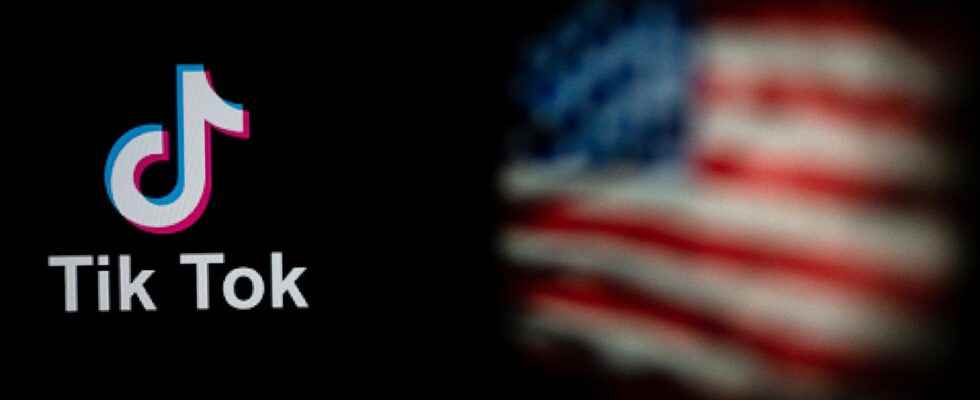Washington wants to tighten the screw. US lawmakers on Tuesday (December 20th) included a proposal to ban federal government employees from using the Chinese app TikTok on government devices. The initiative is called “Anti-Social CCP Act” and the acronym stands for “Law to Prevent the National Threat of Internet Surveillance, Oppression through Censorship and Influence, and Algorithmic Learning by the Party Chinese Communist”.
This initiative is carried by a trio of American lawmakers led by Senator Marco Rubio, the main Republican on the Senate Intelligence Committee. Last week, he told conservative news channel Fox News: “We shouldn’t allow the Chinese Communist Party access to a treasure trove of American data that they can use to try to influence us and divide at the same time as it collects valuable information now and for the future.” The ban should be included in a law to fund US government operations, sources said.
What are the chances of the provision being adopted? The Speaker of the House of Representatives, Nancy Pelosi, would support this measure according to the American media. Ditto for Republican House Rep. Kevin McCarthy, which greatly increases the odds that the provision will pass next week. On Twitter, the elected official said: “House Republicans are ready to send a bill to President Biden’s office that would ban TikTok on government devices. President Pelosi, who claims to be tough on China, should immediately allow upvote or downvote.”
An app at the heart of a geopolitical dispute
For its part, TikTok said the concerns were largely fueled by misinformation. The legislation would not impact the more than 100 million Americans who use TikTok on private or company-owned devices. With a billion users, the teen app has become a geopolitical dispute between the United States and China. “The platform is one way for China to accumulate accurate profiles of American citizens,” commented in L’Express, an intelligence specialist working for a cybersecurity firm in Palo Alto, California. In a country where hypersurveillance of residents is the norm, Westerners fear that the practices of Chinese apps in collecting and processing data will spread to the rest of the world. From there to making TikTok the largest base in the world of mobile application users?
Many federal agencies, the White House, the Departments of Defense, Homeland Security and State, already ban TikTok from government-owned devices. Already some 19 of the 50 US states have now at least partially blocked access to government computers. On Monday, Louisiana and West Virginia also took the plunge. Most of the restrictions have come in the past two weeks. In 2020, then-Republican President Donald Trump tried to block new users from downloading TikTok and ban other transactions that would have effectively blocked use of the app in the United States. But the presidential bid faced a series of legal challenges and failed to result in a ban.
In two years, the Department of Justice and the Administrative Committee on Foreign Investments (CFIUS) have not yet decided on his fate. Talk of an outright ban on TikTok seemed to recede. In June 2021, President Joe Biden said in a new executive order that the federal government should assess threats posed by China-based apps and software through “rigorous, evidence-based analysis,” and should address “any unacceptable or undue risk consistent with overall national security, political and economic objectives”. At the heart of these controversies, TikTok has grown in popularity. The Chinese platform has been the most downloaded app since the start of 2022 in the United States, according to data from analytics firm Sensor Tower.
